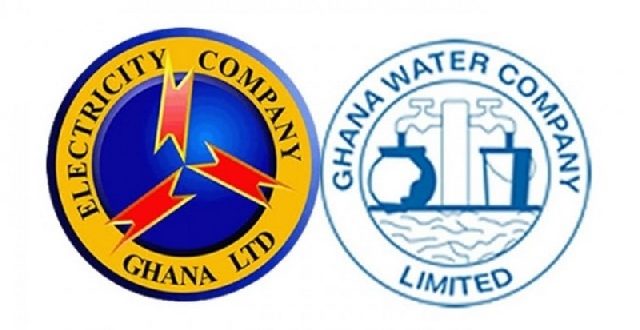The Electricity Company of Ghana (ECG) and the Ghana Water Company (GWCL) have proposed an increase in tariffs for the year 2022.
The ECG is proposing an increase in tariffs by 148 percent for the year 2022.
The ECG also wants tariffs adjusted by 7.6percent average between 2023 and 2026.
According to the ECG, the proposed increase is as a result of the gap between the actual cost recovery tarrif, the tariff approved by the Public Utilities Regulatory Commission’s (PURC) and cost of finished projects.
In a tariff proposals presented to the PURC, the GWCL has also proposed an increase in tariffs to enable it recover its costs.
Both utility companies are concerned about the PURC’s refusal to adjust tariffs to match the cost of production.
This, both companies have indicated has affected their operations and therefore, want the PURC to provide a remedy to the problem.
“The financial sustainability of the Electricity Company of Ghana is important as it impacts on the entire energy sector. With the huge investment needs facing the distribution industry over the next five years, it is expected that the proposed tariff increases would inevitably be approved to sustain efficient and reliable electricity service,” the ECG noted.
It continued that: “Overall, this tariff proposal indicates a high increase (148%) in year 2022 compared with the subsequent years’ increases of an average of 7.6%. This high increase in 2022 is largely attributable to the cost of investment projects; the gap that has developed over the years between the actual cost recovery tariff and the PURC approved tariffs; the continual application of the prevailing tariff (which was a 14% reduction) beyond the stipulated regulatory period (2019-2020); and the effect of macroeconomic factors.”
While the GWCL also noted that: “GWCL must at least recover its costs if we are to sustain our operations. Over the years, however, the approved tariffs have not been full cost reflective.
“This has led to the inability of GWCL to raise enough revenue to finance the much needed capital investment projects, with a consequent unsatisfactory level of service.”
Source: classfmonline.com
 Home Of Ghana News Ghana News, Entertainment And More
Home Of Ghana News Ghana News, Entertainment And More





